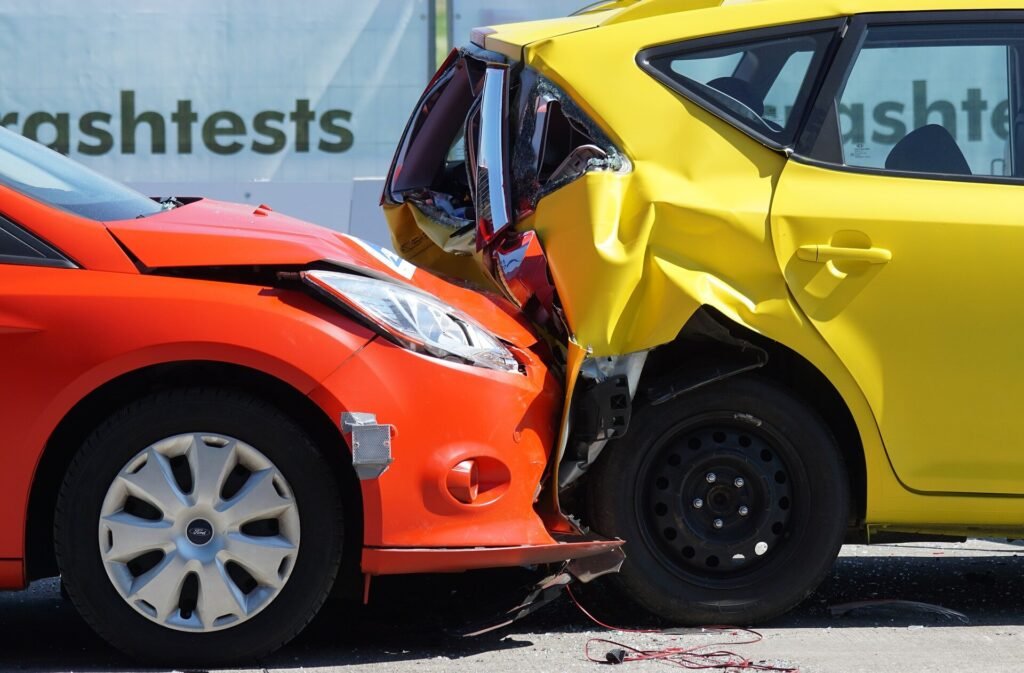Concussions and Traffic Crashes: A Risk for Adults
Adults diagnosed with a concussion may face a higher risk of being involved in a subsequent traffic crash, according to a recent study conducted by researchers at ICES and Sunnybrook Research Institute. The study, titled “Concussions and risk of a subsequent traffic crash: retrospective cohort analysis in Ontario, Canada,” sheds light on the potential dangers of concussions on driving abilities.
Concussions, which can temporarily impact brain function, may lead to symptoms such as insomnia, dizziness, depression, brain fog, and slowed reaction times. These symptoms can persist for weeks and potentially affect an individual’s driving skills, increasing the likelihood of a motor vehicle accident.
Dr. Donald Redelmeier, a scientist at ICES and Sunnybrook Research Institute, expresses concern about the recovery time required for concussions. Rushing the recovery process may result in another injury, including a life-threatening traffic crash.
Key findings from the study include:
– The risk of a traffic crash is significantly higher in the first four weeks following a concussion.
– Repeated concussions further elevate the overall traffic risks.
– Pedestrians with a history of concussions are also at an increased risk of being involved in a traffic crash.
– Out of 425,158 adults diagnosed with a concussion, one in 13 patients experienced a subsequent traffic crash.
– The increased risk led to 1,633 ambulance calls, 59,978 hospitalization days, and $835 million in medical costs.
While the study has some limitations, such as the lack of data on concussion severity and other contributing factors to traffic crashes, the findings emphasize the importance of road safety following a concussion. Dr. Robert Tibshirani, a professor of statistics at Stanford University and co-author of the study, underscores the need for patients to address symptoms like insomnia, headaches, depression, or substance misuse and to avoid high-speed trips during late-night hours in adverse weather conditions during the first month after a concussion. Clinicians are also encouraged to educate patients on road traffic safety post-concussion.
The study, published in BMJ Open, underscores the significance of preventing concussions and promoting traffic safety for individuals diagnosed with a concussion. By raising awareness of these risks and implementing preventive measures, individuals can reduce the likelihood of serious traffic crashes following a concussion.
For more information, the study “Concussions and risk of a subsequent traffic crash: retrospective cohort analysis in Ontario, Canada” can be accessed in BMJ Open (DOI: 10.1136/bmjopen-2025-105391).
As with all research, it is essential to consult healthcare professionals for personalized advice and guidance tailored to individual circumstances. Remember, road safety is paramount, especially after experiencing a concussion.


